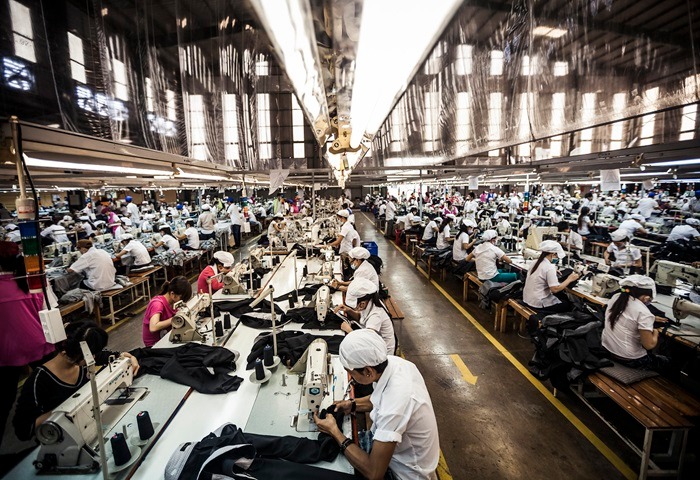Bangladesh’s garment sector has restarted operations following a four-day closure prompted by violent anti-government protests. The unrest, which led to the ousting of Prime Minister Sheikh Hasina, has brought significant changes to the country’s political landscape.
The recent shift in leadership is being met with cautious optimism among workers’ rights advocates. They view the political upheaval as a potential opportunity to address longstanding issues within the garment industry, including labor conditions and workers’ rights. Despite the uncertainty facing suppliers, the new leadership’s stance could lead to reforms that benefit the workforce.
As the country moves forward from the turmoil, the fashion industry is closely watching how these developments will impact both production and labor practices in Bangladesh.
Related Topics:
Is Chanel More Expensive Than Louis Vuitton?
Where To Buy Givenchy Perfume In Tome?
What Color Nail Polish with Pink Shoes?

